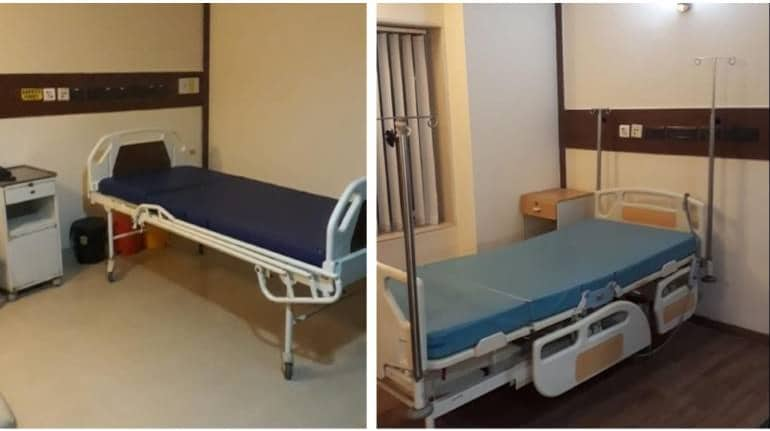
Assume that you have a health insurance policy for a sum insured of Rs 5 lakh. Let’s say, you have to be hospitalised for five days in a room with a rent of Rs 6,000 per day and the hospital hands a bill of Rs 1.5 lakh. You take comfort from the fact that your health cover is adequate to take care of the bill. To your shock, at the time of discharge, imagine if you are told that you will have to shell out Rs 30,000 from your pocket!
Go through your health insurance policy. The culprit would be the room rent. If, say, the room rent sub-limit permitted in your policy is 1 per cent of the sum insured (Rs 5,000) and the actual rent of your hospital room turns out to be, say, Rs 6,000, your insurer will not reimburse you fully. This is because the insurer-approved claim of Rs 1.20 lakh, in line with the room rent sub-limit clause in your policy.
What are room rent sub-limits?
Some health insurance policies come with room rent capping, with the insurer specifying the maximum amount of room rent payable in case of hospitalisation. Usually, it is 1 per cent of the sum insured. For example, the insurance regulator-mandated Arogya Sanjeevani standard health policy specifies a limit of 2 per cent of the sum insured or Rs 5,000, whichever is lower. Then, there are policies where the policyholders are eligible for single private rooms and ones that do not specify any limit at all. If your actual room rent exceeds the limit specified, your approved claim amount will be scaled down proportionately.
How does the clause work?
Hospitals link expenses such as doctor’s fees, anaesthesia, and operation theatre charges to the room category you choose. Due to hospitals’ differential pricing approach, doctor’s fees or operation theatre charges billed to a shared room will be lower than the amount charged to a single private room patient. In the example mentioned earlier, out-of-pocket expenses turned out to be much higher than the difference in eligible and actual room rent (Rs 5000: (Rs 1000 x 5)) due to the proportionate deduction concept. Since charges for the room chosen were 20 per cent higher than the prescribed sub-limit, the payout for the linked expenses was proportionately reduced by 20 per cent. The illustration does not take into account expenses payable at actuals for the sake of simplicity. All expenses in the hospitalisation bill are assumed to be linked to the room rent.
As per recent IRDAI guidelines, insurers will not be able to apply the proportionate deduction clause to certain costs, including on pharmacy, diagnostic tests, implants and medical devices for new policies issued after October 1, 2020. Existing health contracts, too, will reflect this change after April 1, 2021.
Are policies without any such ceilings better?
It is wise to buy policies where the eligibility is at least single private rooms. That way your claim settlement is hassle-free, and you don’t have to worry about complex calculations associated with room rent sub-limits. However, limit-free plans will be costlier. One of the key reasons why the Arogya Sanjeevani Standard policy is cheaper than regular health covers with the same sum-insured, is the sub-limit clause that restricts their outgo. For example, as per Policybazaar.com data, a 40-year-old buying a Rs 5-lakh cover will be charged annual premiums of around Rs 6,000-7350 under the standard policy, while regular health insurance plans without sub-limits will come with higher premiums of nearly Rs 7,400 to Rs 10,300, depending on the insurer.
Discover the latest business news, Sensex, and Nifty updates. Obtain Personal Finance insights, tax queries, and expert opinions on Moneycontrol or download the Moneycontrol App to stay updated!